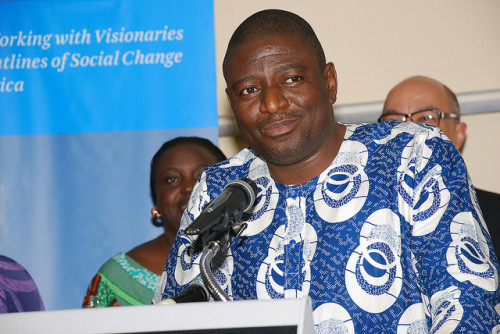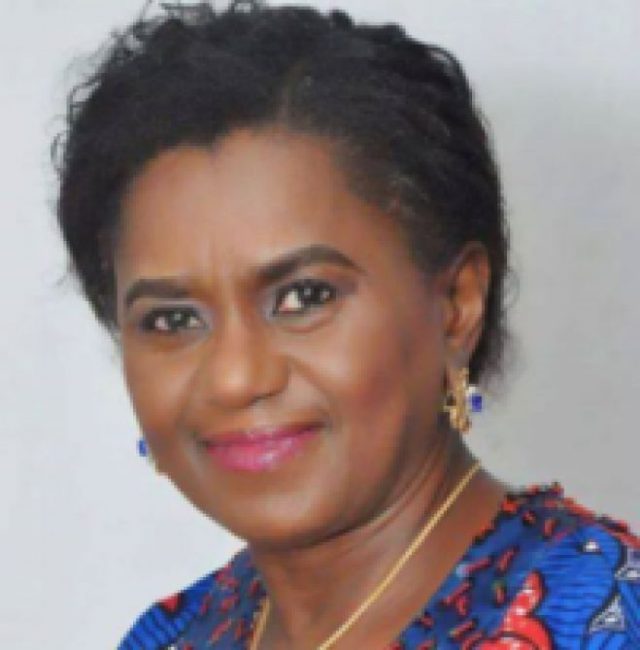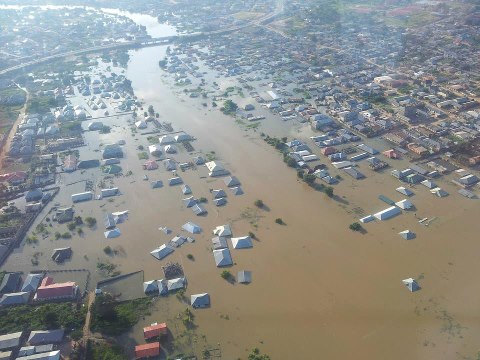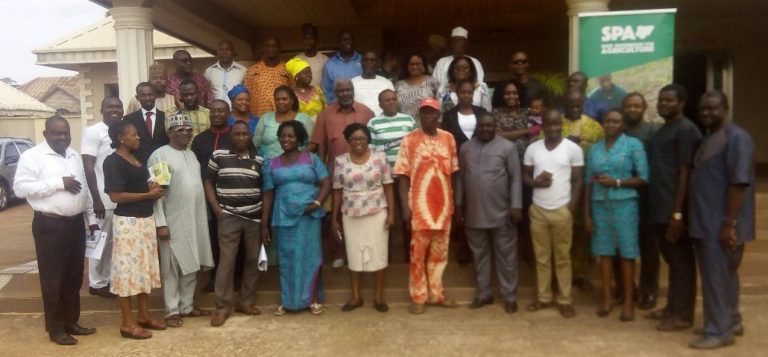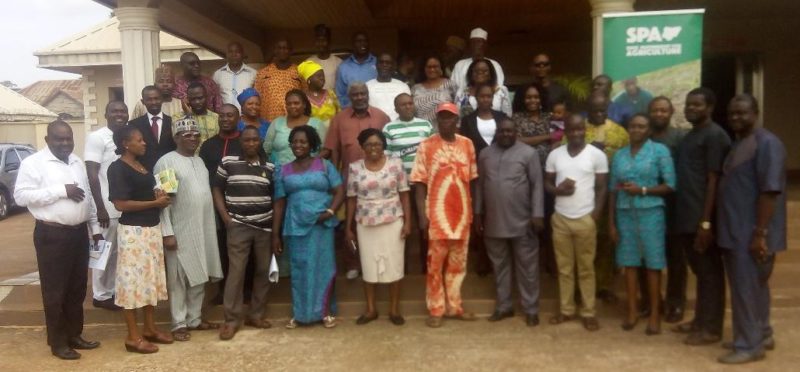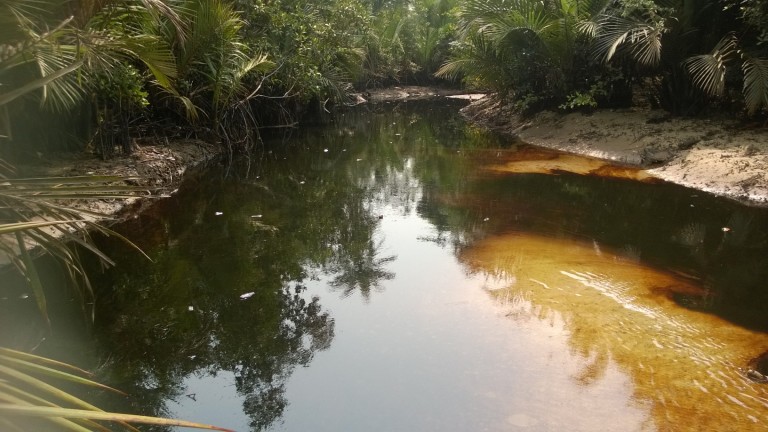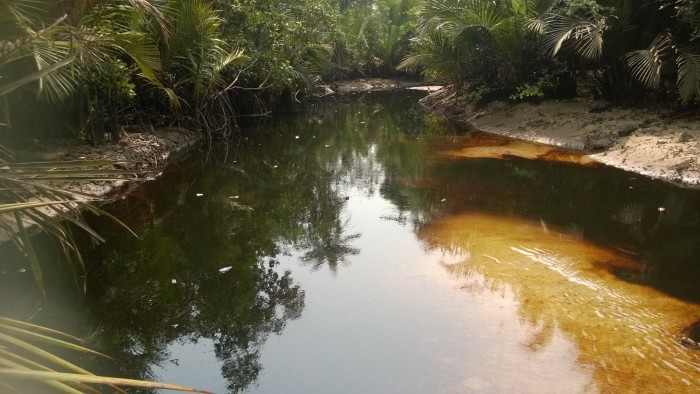Three leading bird conservation organisations on Thursday, October 26, 2017 in Manila, the Philippines, announced an innovative partnership to boost awareness of the plight of migratory birds around the globe. The new alliance formally unites two of the world’s largest bird education campaigns, International Migratory Bird Day (IMBD) and World Migratory Bird Day (WMBD) in a bid to strengthen recognition and appreciation of migratory birds and highlight the urgent need for their conservation.
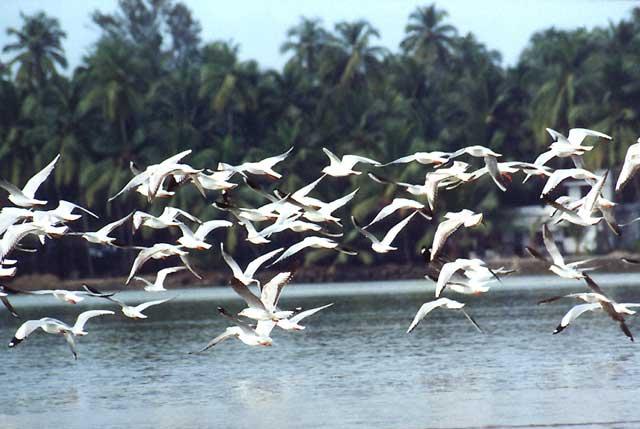
The Convention on Migratory Species (CMS), the Agreement on the Conservation of African-Eurasian Migratory Waterbirds (AEWA) and Environment for the Americas (EFTA) outlined their new cooperation in a partnership agreement at a side event in the margins of the 12th Conference of the Parties to the (CMS COP12) holding in Manila this week.
The collaboration establishes a single, global campaign organized around the planet’s major migratory bird corridors. These include the African-Eurasian, the East Asian-Australasian, and the Americas flyways.
Speaking at the event, Bradnee Chambers, Executive Secretary of CMS, said: “Shaping a sustainable world for migratory birds and people requires better cooperation at all levels and across all the flyways of the world. With this new partnership agreement, we are uniting our voices for bird conservation and setting the stage for a new global venture in efforts to raise awareness and appreciation of migratory birds.”
Susan Bonfield, Executive Director of Environment for the Americas, said: “Birds do not recognise political boundaries, so their conservation depends on our joint efforts at the many habitats they need for nesting, migratory stopovers, and wintering grounds. This partnership represents our desire to work together for the benefit of migratory birds around the globe.”
Jacques Trouvilliez, AEWA Executive Secretary, said: “For 10 years, AEWA has been promoting WMBD in Eurasia and Africa to make flyway conservation happen. It is time now to unify our efforts to make this campaign a really global one for the benefit of all birds on our Earth.”
IMBD was created in 1993 to raise awareness of migratory birds and their conservation throughout the Western Hemisphere. Now in its 24th year, IMBD has grown into a framework underpinning 700 events across the Americas, from Canada to Argentina and more than 15 countries in the Caribbean.
WMBD was initiated by AEWA and CMS in 2006 as a way to counter the negative public opinion towards migratory birds due to the spread of the H5N1 Avian Influenza virus. A total of over 2,000 events have taken place in 140 countries since the campaign started.
Both campaigns are typically observed in May but can be timed to coincide with local migrations.
“By pooling educational and outreach materials, each partner will leverage their resources to reach a broader audience,” said Bonfield. “Ultimately, we’re all working towards the same goal: connecting people to our shared birds.”
Based in Boulder, Colorado, Environment for the Americas works with diverse partners to provide bilingual educational materials and information about birds and bird conservation throughout the Americas. Their programmes, it was gathered, inspire children and adults to get outdoors, learn about birds, and participate in their conservation.

